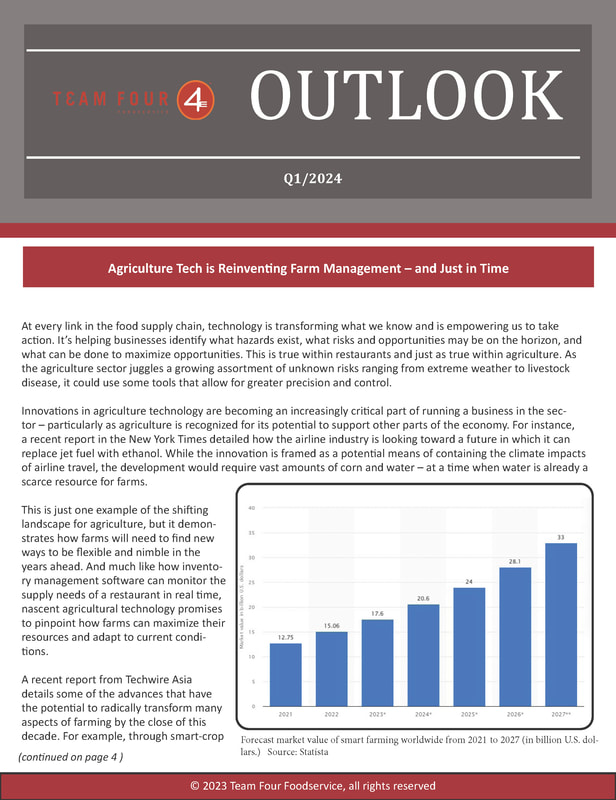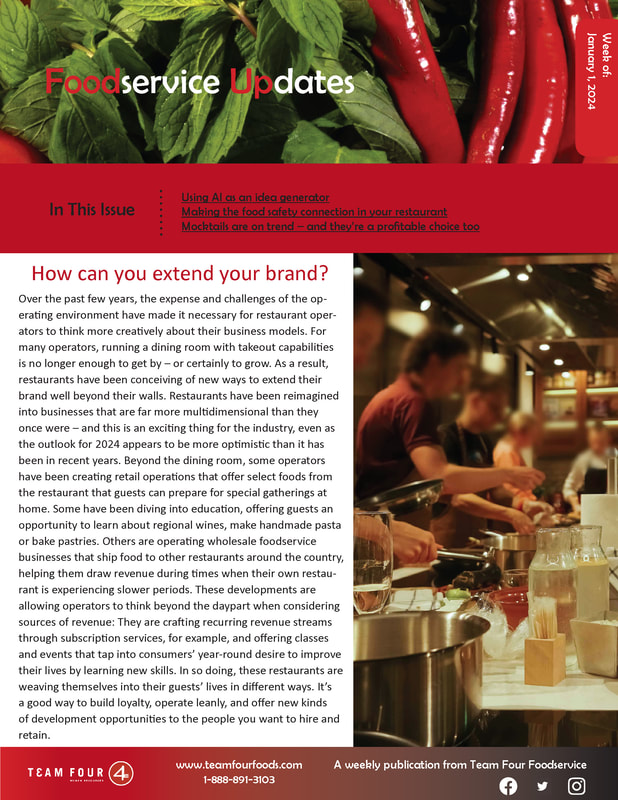 Last year was a tough one for mergers and acquisitions, with deals down more than 50 percent from the prior three-year average. While analysts expect M&A to level out this year, activity in the first half of 2023 has been slow amid continued inflation and other ongoing operating challenges. As a result, restaurants looking to enter the market, whether as buyers or sellers, will have to be prepared to ask and answer detailed questions in a stringent lending environment. In a recent webcast from Franchise Times, strategic buyers from Ampex Brands, Dine Brands and Savory Restaurant Fund weighed in on how restaurant businesses can prepare to make a deal – and also shared the warning signs that indicate it may not be the best partnership. Eric Easton of Ampex Brands looks for “puffery” in the numbers when considering an acquisition. In other words, he says, “when everything in a CIM is a pro forma, run.” Potential sellers can present a more compelling case by compiling complete financial metrics for the business. The restaurant’s growth plan should be built upon actual results as opposed to rosy projections or ideas that still need to be fleshed out. Be ready to share information. Understand what rights you and your investors have to proceed with a deal. Is there anything standing in the way of your planned growth strategy? Have a team in place to back up your claims and ensure you’re presenting information accurately and in the proper format. Your brain trust should include an investment banker, an accountant who can validate your results, and a lawyer with M&A experience who can support your compliance and manage legal paperwork. Go into a meeting with a clear understanding of the other party’s core appetite and how you can help each other. If you waste the other party’s time now, you may limit your opportunities to partner down the line, once your brand has developed into what might be a better fit for this business. Finally, avoid surprises. Taylor DeHart of Savory Restaurant Fund said it’s a bad sign when unfortunate issues surface late in the process. Material financial differences, for example, should be discussed at the outset, and HR issues such as failed disciplinary actions coming to light can damage the trust that all parties need for a smooth transition. Talking through potential problems early will give you time to work things through as partners.
0 Comments
|
More Financial MattersWhat’s the best financing option for my restaurant?Build revenue through the kitchenLegal claims: Are you leaving money on the table?Archives
June 2024
Categories
All
|
Foodservice CEO is provided for informational purposes only. It is intended to offer foodservice operators’ guidance regarding best practices in running their operations. Adherence to any recommendations included in this Guidance will not ensure a successful operation in every situation. Furthermore, the recommendations contained in this website should not be interpreted as setting a standard of operation or be deemed inclusive of all methods of operating nor exclusive of other methods of operating.
Copyright 2023 Team Four Foodservice, All Rights Reserved.




 RSS Feed
RSS Feed